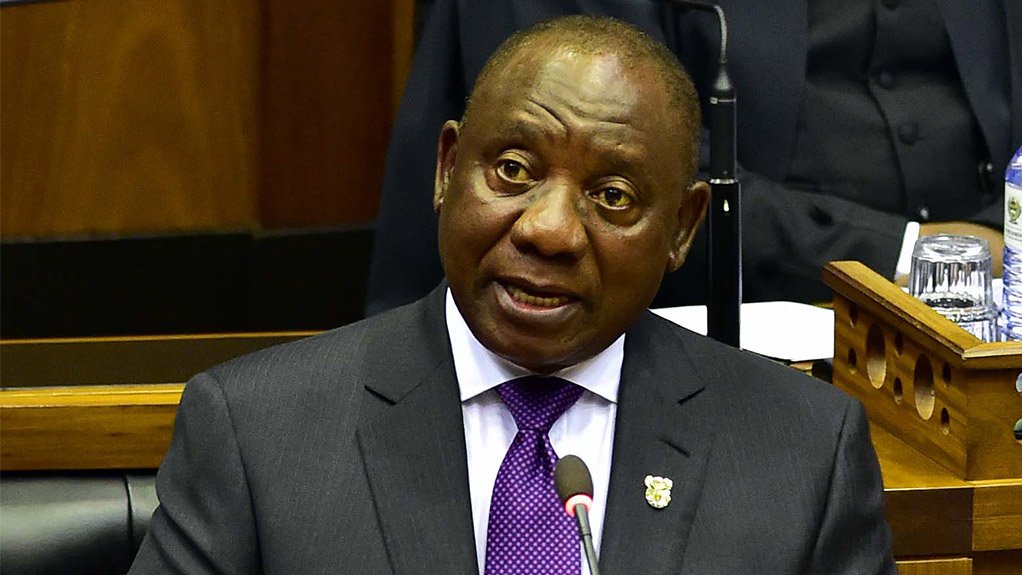Following President Cyril Ramaphosa’s promise of atonement for the Marikana massacre, 36 families of the striking miners who were killed have said that reparations should include a formal apology from the police minister and criminal charges against the police officers involved.
During Ramaphosa's response to the debate over his first State of the Nation Address (Sona) this week, he said he was determined to play whatever role he could in the process of healing and atonement in relation to the Marikana massacre.
"The Marikana tragedy stands out as the darkest moment in the life of our young democracy," Ramaphosa told both houses of Parliament on Tuesday.
The Socio-Economic Rights Institute of South Africa (SERI), which represents 36 families of the striking miners who were killed, welcomed the president's comments, but urged him to turn his promises into actions.
In a statement, SERI said if the government was serious about atoning for the Marikana massacre, the families of those killed had indicated that a meaningful response would include: financial compensation, a formal apology from Police Minister Fikile Mbalula, and that the police officers involved in the killings be charged criminally and prosecuted.
"The families demand a meaningful apology, made in private and in person, to the families of those killed, followed by a public apology. The apology should not only recognise the state’s responsibility for the shootings, but should also apologise for the state’s characterisation of the victims as 'criminals'," the statement read.
"The state should approach the families to ascertain what form this private apology should take. Once this process is complete, a public apology should follow. An appropriate apology is important to the families to allow them to start the process of healing."
'Not a single police officer has been charged or prosecuted'
SERI said the government should also approach the issue of compensation, with an attitude that acknowledges the state’s culpability in the massacre.
"The state has agreed to pay for the loss of financial support and has agreed to pay for the additional head of damages.
"The process, however, of negotiating the settlement offers has been dragged out and to date none of our clients have been compensated. The state should accelerate the process of settling these claims and, in doing so, it should take into account the loss of family life and parental care as a means to atonement for its conduct."
Furthermore, the families have demanded that the government should apologise for its delay and ongoing failure to prosecute the police officers responsible for the events at Marikana.
"While the National Prosecuting Authority has diligently prosecuted the miners who participated in the strike, not a single police officer has been charged or prosecuted for the murder of the mine workers. The state needs to ensure that those responsible are prosecuted promptly and effectively."
Zamantungwa Khumalo, SERI’s attorney, said the families of the slain mineworkers wanted to move on with their lives, however, they maintain that their grief still lingers.
"The apology from the state and its representatives is vital for the healing process and must be done in a way that secures the families’ dignity," said Khumalo.
Ramaphosa was a non-executive director of the mining company Lonmin when police opened fire on striking mineworkers, killing 34 people on August 16, 2012, in Marikana, a small town in the North West province.
EMAIL THIS ARTICLE SAVE THIS ARTICLE
To subscribe email subscriptions@creamermedia.co.za or click here
To advertise email advertising@creamermedia.co.za or click here











